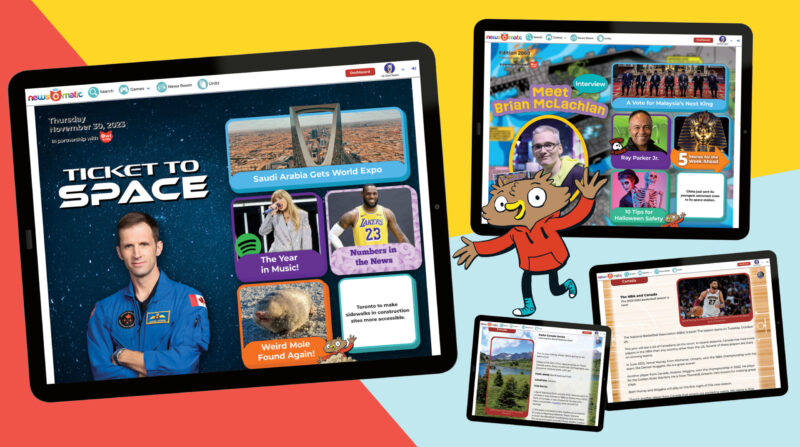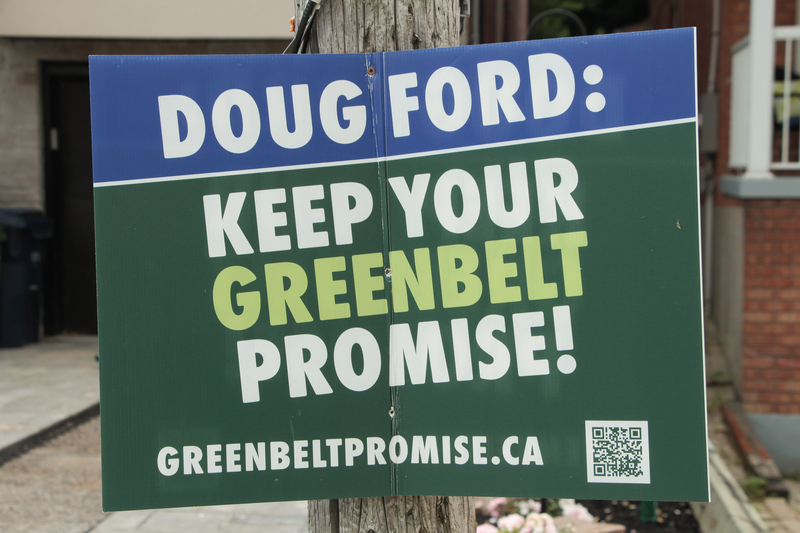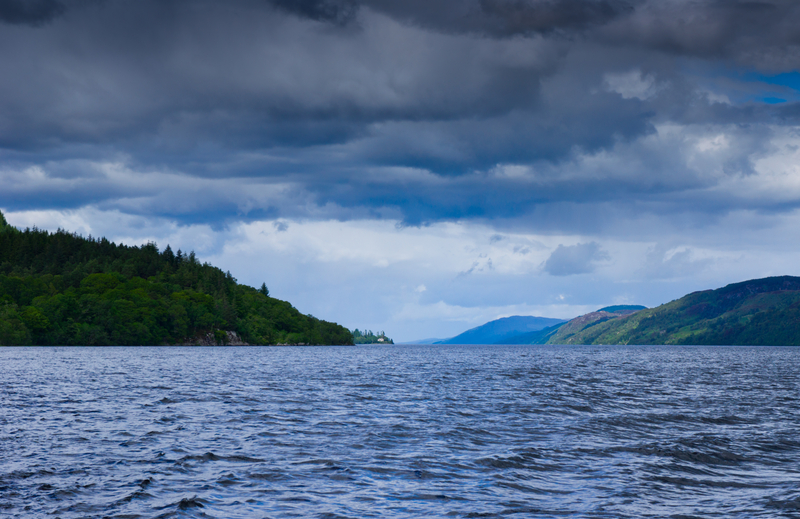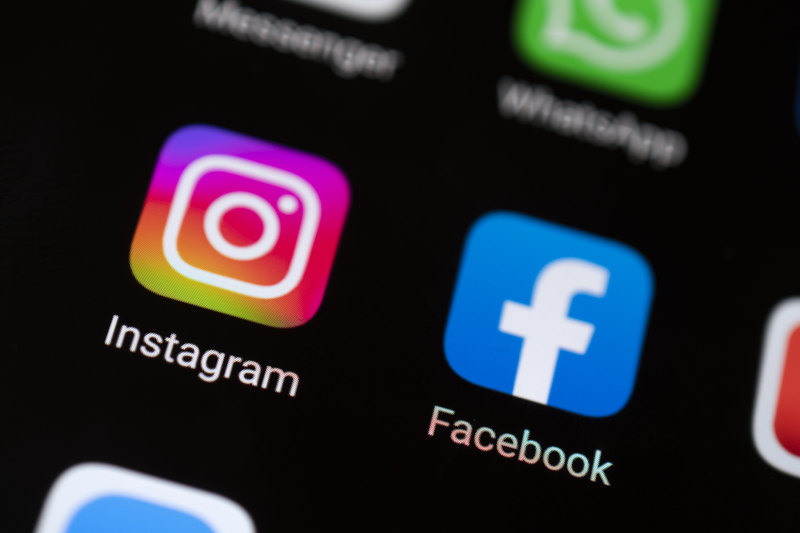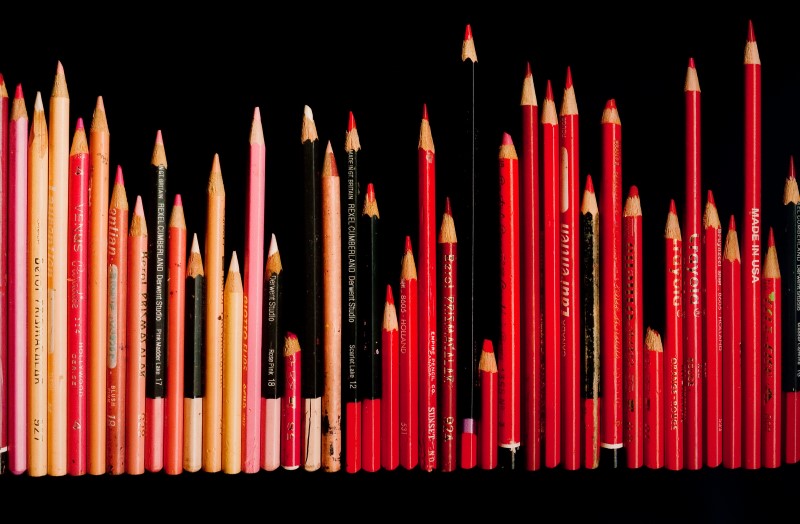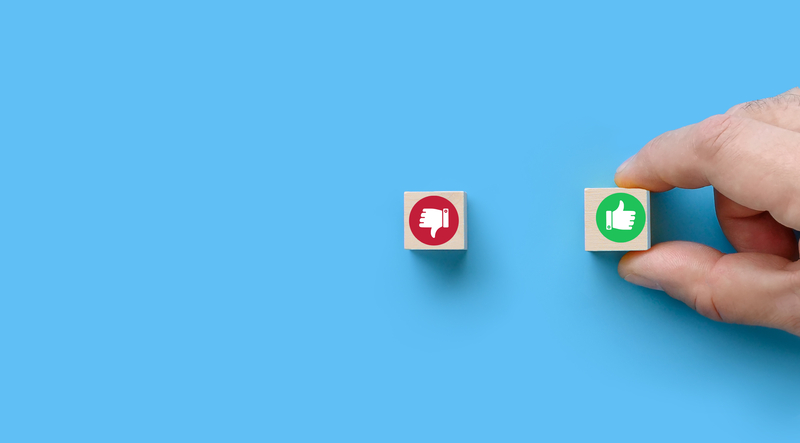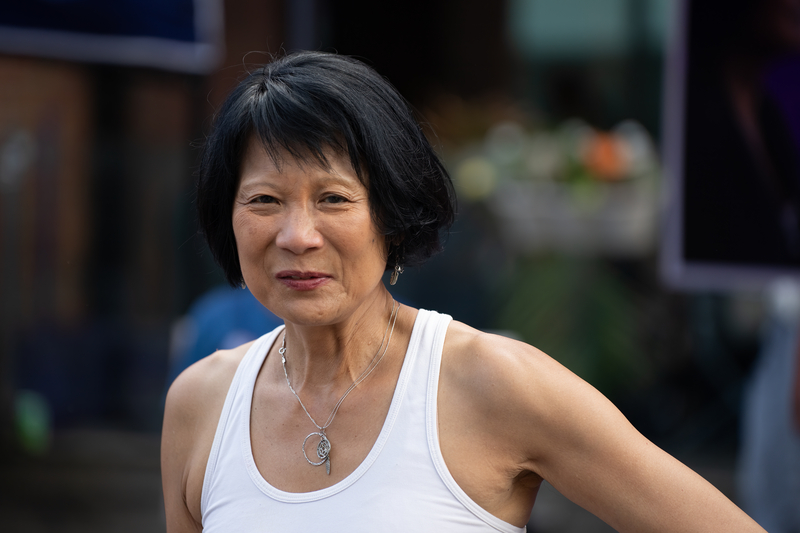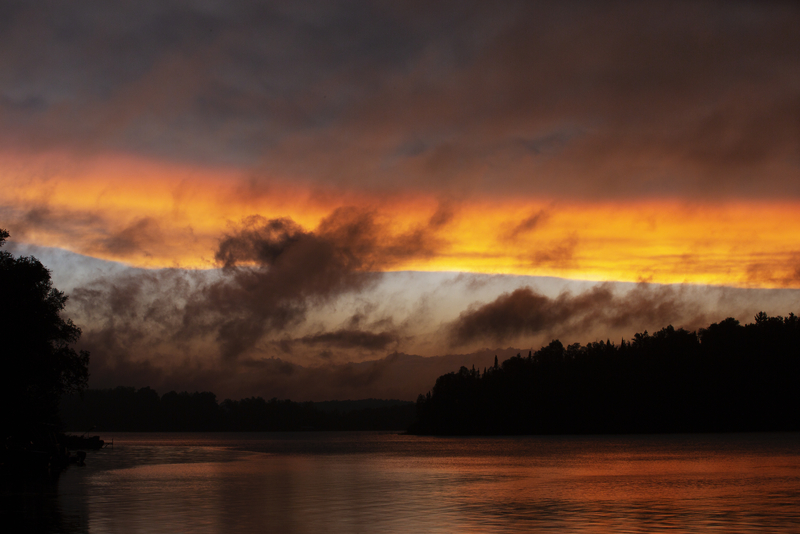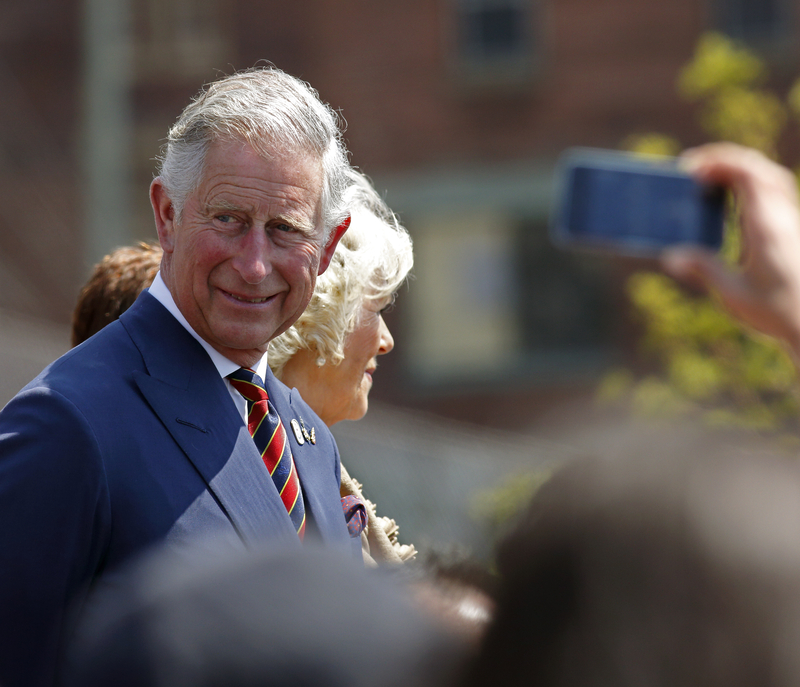Saturday was the 150th anniversary of Canada. It was marked by celebrations, fireworks, concerts, and parties. But there were also protests.
A teepee was raised on Parliament Hill, the home of the government in Ottawa. Protesters confronted the Minister of Indigenous and Northern Affairs Carolyn Bennett at a Canada Day picnic she held in Toronto. And across the country, hundreds of thousands of Indigenous Peoples marched to say that for them, Canada 150 was a reminder of something far more complicated and painful.
You may have seen slogans such as UNsettling Canada 150 (a reference to the fact that early European colonists were settlers, not the original inhabitants) or even Genocide 150 (stating that, over its history, Canadian leaders have tried to remove the Indigenous population completely from the country).
150 years of occupation
An example of protest signs drawing attention to issues surrounding Canada's history with Indigenous people. (Getty Embed)
If your understanding of Canada is that it is a country of freedom and equality that welcomes people from all over the world, this can be a difficult message to understand. But this is why so many Indigenous Peoples protested — they feel their history and struggles are being ignored.
For a century and a half, the Canadian government has made many promises and signed treaties to guarantee Indigenous rights and land. (And if you count back to the original moment of colonization of North America by Europeans, that history stretches back over 500 years.) But for Indigenous Peoples, most of these promises have been broken, especially when large corporations stand to make money by breaking the treaties. (A recent example of this are the pipelines being proposed across Indigenous land.)
Poor living standards
The Attawapiskat First Nation in Northern Ontario is one of many Indigenous communities suffering from complex problems and a lack of support. (Getty Embed)
Meanwhile, the living conditions in their communities have long been far below the standards of other Canadians. They suffer from contaminated water supplies, expensive food, and poor access to education (many children must travel long distances to get to school). These places have very high unemployment, meaning it is very difficult to find jobs. Overall, their life expectancy (how long the average Indigenous person lives) is seven years shorter than that of other Canadians. And despite being the original residents of these lands, they own about 0.2% of the land in Canada.
These are just some of the many issues Indigenous Peoples say are not being properly addressed by the government.
Saying is not the same as doing
Prime Minister Trudeau and his wife, Sophie Gregoire Trudeau, speak at the Canada 150 celebrations. (Getty Embed)
Since Justin Trudeau became Prime Minister, he has been very vocal about the need for reconciliation and change with Indigenous Peoples.
On Canada Day he said, "We recognize that over the past decades, generations, and indeed centuries, Canada has failed Indigenous Peoples. We have not built the kind of present, the kind of future for first peoples, for First Nations, for Inuit, for Métis people across this country. We need to be doing a much better job of hearing their stories and building a partnership for the future."
Indigenous people, however, want to see actual results. And they are not alone. More and more prominent Canadians, such as singer and activist Gord Downie, are raising their voices in support of Indigenous Nations. They are putting pressure on the government to right the wrongs of the past and present.
The next 150 years
Daisy Wenjack, Gord Downie, and Pearl Wenjack speak at We Day in Ottawa, July 2. (Getty Embed)
Though Canada Day is over, the country will still be observing this anniversary all year. You might be asking how to celebrate and still respect the rights of Indigenous Peoples. It is a very complicated issue. On one hand, Canada has spent 150 years making a home for millions of immigrants from across the globe. For example, many recent refugees from Syria are grateful for this country. But Indigenous Peoples, whose ancestors stretch back over 10,000 years on this land, have found themselves treated poorly for generations.
A man carries a sign protesting in support of Indigenous Peoples. (Getty Embed)
Perhaps the most positive way to look at this celebration is as a chance to do better. Roberta Jamieson is the president and CEO of Indspire, an Indigenous-led charity for education. For her, Canada 150 is difficult, but it is also a time to believe that positive change can be made.
"I'm more optimistic in 2017 than I have been in my life," she told the CBC. "I will celebrate the resilience of First Nations, Metis, and Inuit people. I will celebrate the fact that we are still here."
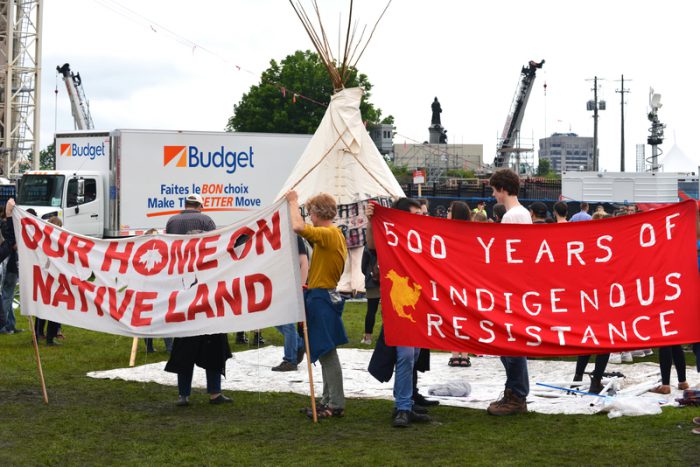 A teepee set up on June 30 to protest Canada 150 celebrations. (© Paul Mckinnon | ID 95328767/Dreamstime)
A teepee set up on June 30 to protest Canada 150 celebrations. (© Paul Mckinnon | ID 95328767/Dreamstime)
